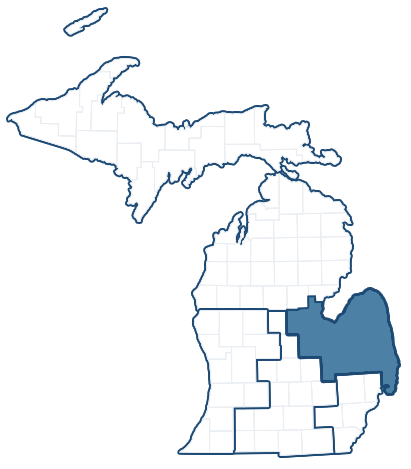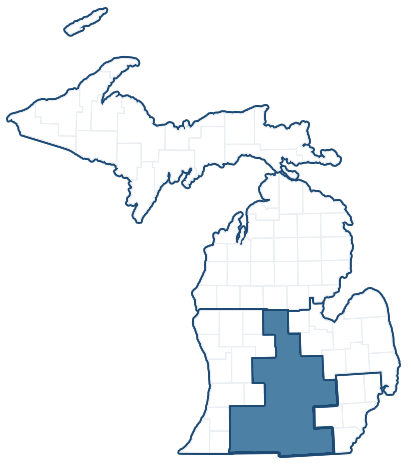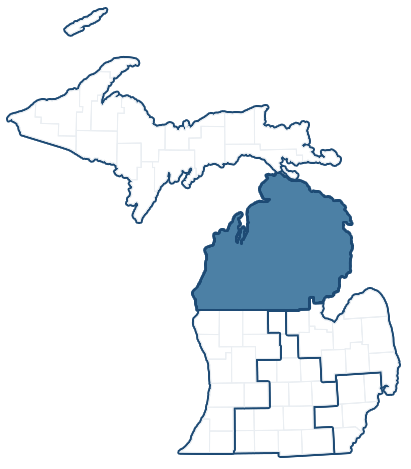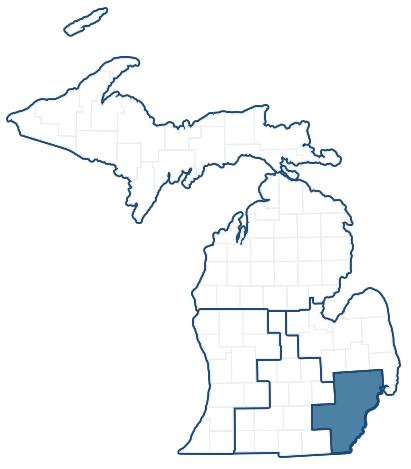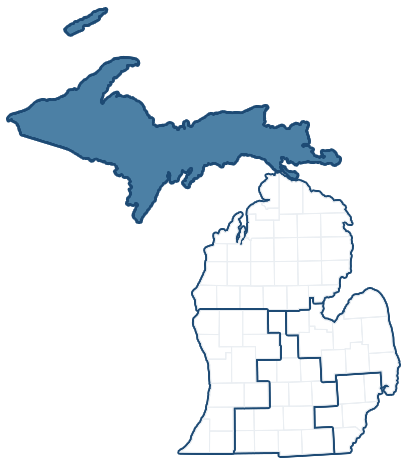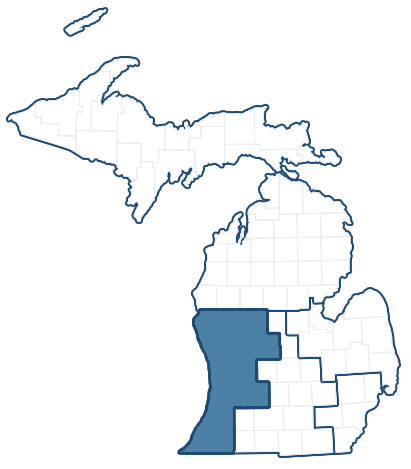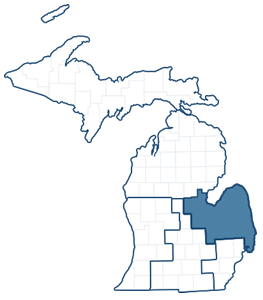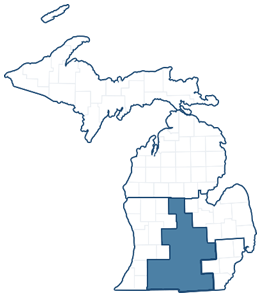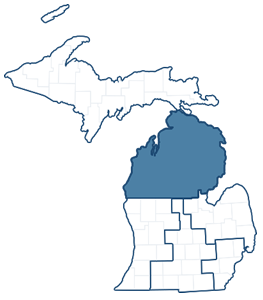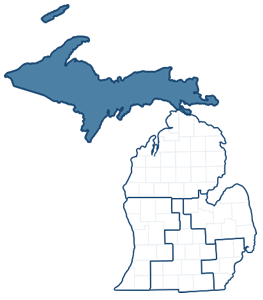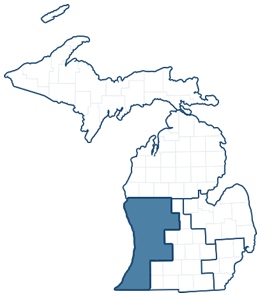Senators Stabenow, Peters Introduce Small Business Access to Capital Act
Thursday, September 28, 2017U.S. Senators Debbie Stabenow (D-MI) and Gary Peters (D-MI) today introduced the Small Business Access to Capital Act, which will reauthorize and improve the State Small Business Credit Initiative (SSBCI) to help small businesses grow and create jobs. The legislation builds on the successful SSBCI initiative that both lawmakers championed in the Small Business Jobs Act of 2010. SSBCI funds the Michigan Economic Development Corporation and other state-led lending programs that leverage private financing to help small businesses access the capital they need.
"Small businesses create the majority of new jobs, and when owners can access capital, they can expand and keep the economy growing," Senator Stabenow said. "Access to capital is an important issue that owners have raised with me as I have travelled the state this past year on my Small Business Tour. I'm pleased to be joining with Senator Peters to build on this successful program that has helped hundreds of small businesses and manufacturers get off the ground or expand."
"Michigan is home to more than 856,000 small businesses that rely on access to critical resources that help them compete, grow and create new jobs in our communities,” said Senator Peters. “I'm glad to partner with Senator Stabenow to introduce legislation that will expand this successful effort and provide additional resources to boost Michigan small businesses that are the backbone of our economy."
Michigan has exhausted all SSBCI federal funding, expending over $100 million to date that has leveraged a total investment of nearly $600 million, including private capital. This investment has helped businesses create or retain over 12,000 jobs across the state. The Michigan Economic Development Corporation will be able to continue its SSBCI lending programs using recycled federal funds from paid back loans and state funding.
The Small Business Access to Capital Act of 2017 builds on the initial program's success by providing an additional $500 million in formula funds to all states based on the 2010 law. Michigan would receive over $26 million in new formula funding-more than every state except Florida and California. The bill will also create a new, competitive $1 billion pool of funding for states that have already capitalized on funding from the 2010 program.
Next Article Previous Article




